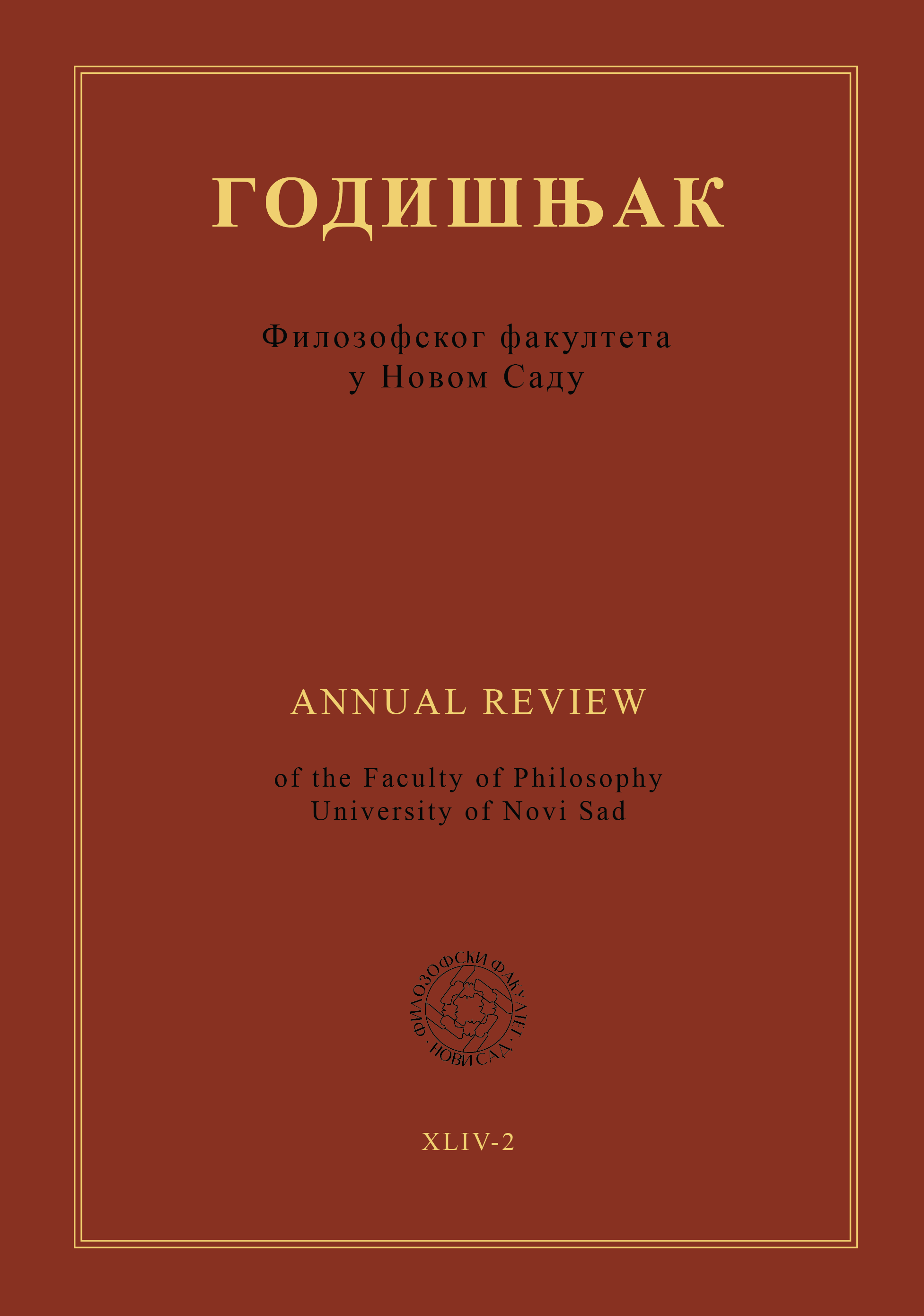СИСТЕМИ ПОДРШКЕ СТУДЕНТИМА У УСТАНОВАМА ВИСОКОГ ОБРАЗОВАЊА:
пример Универзитета у Новом Саду
STUDENTS SUPPORT SYSTEM IN HIGHER EDUCATION INSTITUTIONS:
Example of University of Novi Sad
Author(s): Jasmina Klemenović, Pavle MilenkovićSubject(s): Social Sciences, Education, Higher Education , Inclusive Education / Inclusion
Published by: Филозофски факултет, Универзитет у Новом Саду
Keywords: higher education expansion; student support systems; student informing; student guidance and counseling; disadvantaged students; students from underrepresented groups; support mentoring sys
Summary/Abstract: The paper presents contemporary student support systems which are widely accepted among the members of the European area of higher education. Their primary purpose is to improve the quality of education based on the principles of non-discrimination and equal rights for all. The expansion of higher education, in the context of changing educational policies in the region, is the basis for understanding the various mechanisms and measures under which these systems tend to act in the direction of: broadening access to higher education, optimizing student retention, and improving graduates’ employability. Different models of organizing the social infrastructure of higher education institutions are illustrated in the text by examples of good practice in raising the efficiency and quality of higher education in Europe. There is a summary of the beginning of modernization of the support system at university centers in Serbia, which started in the middle of the first decade of the new millennium. The basic directions of development are presented in the text, as well as an overview of the strengths and weaknesses in the organization and functioning of support services, based on the findings of the research conducted in about forty higher education institutions of the three largest state universities.The text presented details of the process of establishing a network of support services for students of the University of Novi Sad, guided through the implementation of Tempus (Careers; Congrad; Equied) and Erasmus (Trans2Work) projects, which were mainly coordinated by the teams of experts from the Faculty of Philosophy. Thanks to the dedication of enthusiasts, the idea of developing a support system for students of all levels of studies, especially the students from underrepresented groups, has been rounded off for a decade. A key step in this regard was the establishment of the UNS Center for Information and Public Relations, which established the Info Center, Office for Students with Disabilities and the Career Development and Student Counseling Service, which work in coordination with the Student Support Center of the Faculty of Philosophy. It is a service of psychological and pedagogical support to students of the University of Novi Sad, which, in cooperation with other centers, organizations and associations, tends to establish various programs aimed at preserving the mental health of students, as well as the skills necessary for successful studying and overcoming difficulties and obstacles in learning.Having coordinated cooperation of the Student Support Center with the UNS Info Center and other community services and offices, the student support is currently being achieved through various programs aimed at: informing and empowering new students in the transition process (open days, information booklets and leaflets, peer mentors); empowering students to preserve and promote both mental and physical health (lectures and public meetings, workshops on motivation and learning styles, emotional regulation training; individual psychological counseling); empowering students from underrepresented groups (mentoring work with people with disabilities; workshops for disadvantaged secondary school students and vulnerable groups); career guidance of final year students who are trained in (self) representation, a choice of professional practice and inclusion in the world of work; empowering students to get engaged in extracurricular activities through volunteering at colleges and in the community, as well as supporting the advancement of programs of student associations and organizations. It is justified to expect in the coming period to have an increase in the number of activities and programs that meet the authentic needs of students, whereby it is especially important to continue the systematic linking of services and organizations, along with improving the conditions for engaging associates and volunteers willing to contribute to the quality of higher education.
Journal: Годишњак Филозофског факултета у Новом Саду
- Issue Year: 44/2019
- Issue No: 2
- Page Range: 95-115
- Page Count: 21
- Language: Serbian

